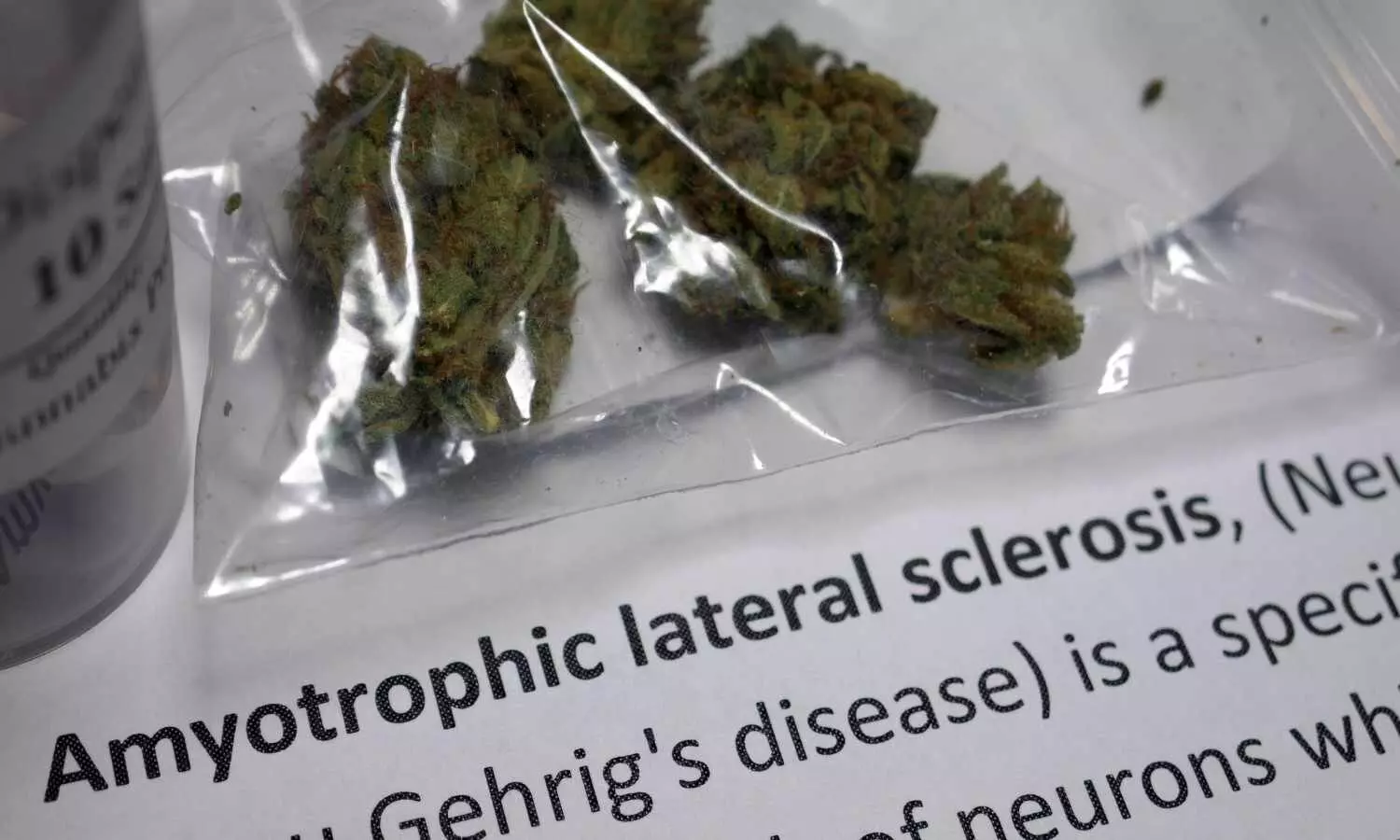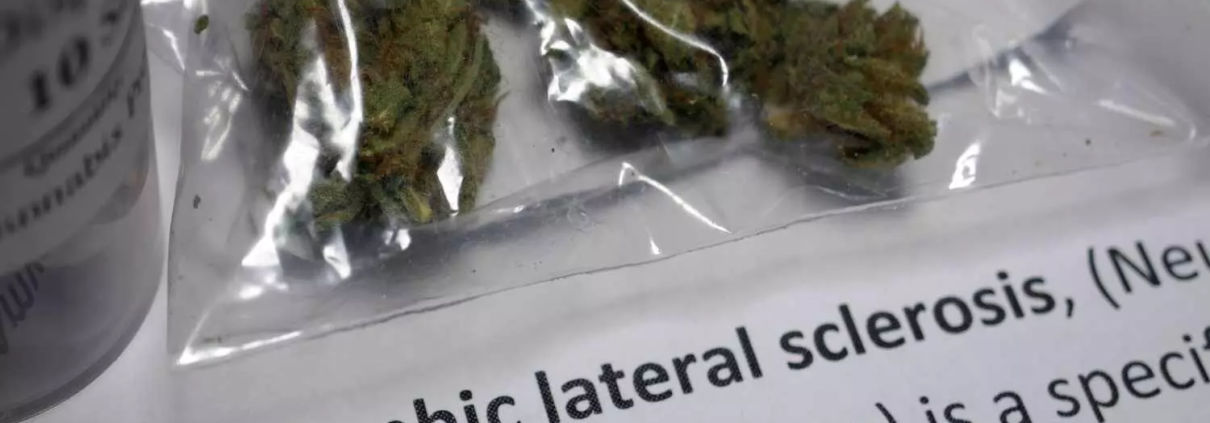Breakthrough Brain-Computer Interface may Restore Conversational Speech among ALS Patients: NEJM

UK: A brain-computer
interface (BCI) surgically implanted in a 45-year-old man with amyotrophic
lateral sclerosis (ALS) and severe dysarthria worked well enough to swiftly
restore conversational speech, according to research published in the New
England Journal of Medicine on August 14, 2024.
Amyotrophic lateral
sclerosis (ALS), sometimes known as ALS, is a neurological illness that
destroys nerve cells in the brain and spinal cord. ALS leads to loss of
muscular control. Muscle twitching and weakness in an arm or leg, as well as
difficulty swallowing or slurred speech, are common early signs of ALS. ALS
eventually impairs control of the muscles required to move, speak, eat, and
breathe. There is no cure for this deadly condition. Nicholas S. Card, From
the Departments of Neurological Surgery, Boston, et.al report the result of
decoding the neural cortical activity of a 45-year-old man.
For the conduction of the
research, a 45-year-old man with
amyotrophic lateral sclerosis, tetraparesis, and severe dysarthria, had
four microelectrode arrays surgically implanted into his left ventral
precentral gyrus 5 years after the disease began; these arrays recorded neural
activity from 256 intracortical electrodes.
The Decoded phrases were
shown on a screen before being vocalized using text-to-speech software that
mimicked his pre-ALS voice.
They revealed that on the first day of use (25
days after surgery), the neuroprosthesis obtained 99.6% accuracy with a 50-word
vocabulary. Calibration of the neuroprosthesis involved 30 minutes of brain
recordings while the person spoke, followed by processing. After 1.4 hours of
system training on the second day, the neuroprosthesis achieved 90.2% accuracy
with a vocabulary of 125,000 words. The neuroprosthesis maintained 97.5%
accuracy after 8.4 months of usage, allowing for self-paced discussions at a
rate of 32 words per minute for over 248 hours.
“After brief training, an
intracortical speech neuroprosthesis performed well enough to restore
conversational communication in a person with ALS and severe dysarthria”,
researchers concluded.
Reference
Elizabeth G. Phimister, Edward
F. Chang, Brain-Computer Interfaces for Restoring Communication, New
England Journal of Medicine, 391, 7, (654-657), (2024)./doi/full/10.1056/NEJMe2407363



